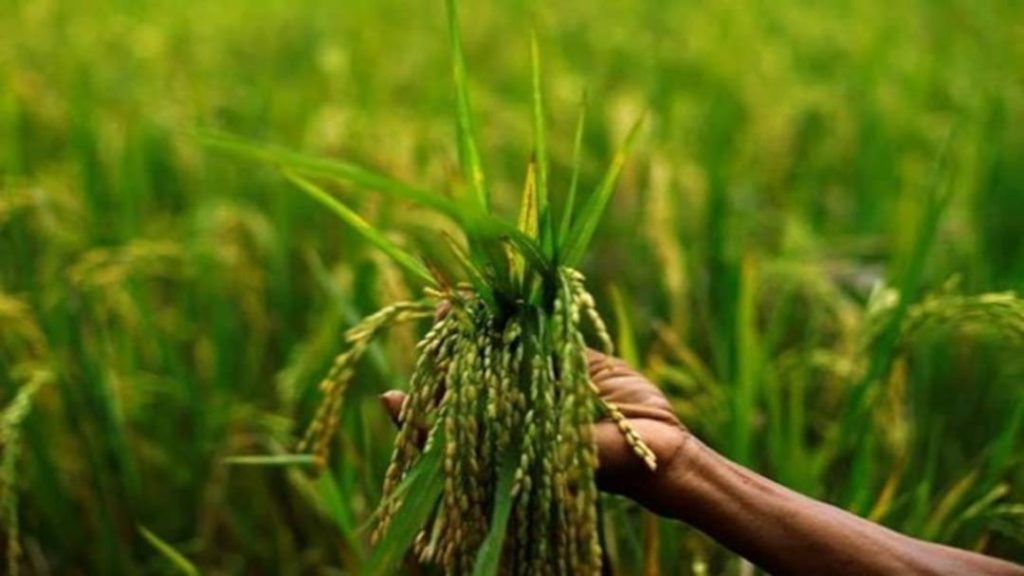
India Cutting Chenab’s Supply Will Increase Water Shortage & Impact Crops, Accepts Pakistan
In a shocking revelation, Pakistan’s Indus River System Authority (IRSA) has accepted that India’s decision to cut the flow of the Chenab river would increase water shortages across the country. The authority also warned that this move would have a significant impact on the kharif crops, which are already expected to face a shortage.
The news comes as a blow to Pakistan, which is already reeling under a severe water crisis. The country’s water resources are struggling to meet the demand, and the suspension of the Indus Waters Treaty (IWT) by India has only exacerbated the situation.
The IWT, signed in 1960, is a bilateral agreement between India and Pakistan that governs the sharing of the waters of the Indus and its tributaries. Under the treaty, India is required to provide a minimum flow of 8,300 cusecs (cubic feet per second) from the Chenab river. However, India suspended the treaty earlier this year, citing the construction of the Kishanganga Dam in Jammu and Kashmir.
In a statement, the IRSA claimed that India’s decision to cut the flow of the Chenab river would lead to a significant reduction in water availability in Pakistan. The authority stated that the move would increase water shortages across the country, particularly in the cotton-growing regions of Punjab and Sindh.
The IRSA also warned that the reduction in water supply would have a devastating impact on the kharif crops, which are already estimated to face a shortage of 21% for the remaining early kharif season. The water shortage in the late kharif season is estimated to be 7%, the authority added.
The news has sent shockwaves across Pakistan, where the agricultural sector is a significant contributor to the economy. The country’s farmers are already struggling to cope with the water crisis, and the reduction in water supply would only exacerbate the problem.
Pakistan’s water crisis is a complex issue, and the country has been struggling to manage its water resources effectively. The country’s water availability per capita has been decreasing over the years, and the situation is expected to worsen in the coming years.
The IRSA has urged the Indian government to reconsider its decision and restore the minimum flow of the Chenab river. The authority has also appealed to the international community to intervene and help resolve the issue.
The news has sparked concerns about the future of Pakistan’s agriculture sector, which is already reeling under the impact of climate change. The country’s farmers are struggling to adapt to changing weather patterns, and the reduction in water supply would only make things worse.
In conclusion, the decision by India to cut the flow of the Chenab river is a significant blow to Pakistan’s water resources and agricultural sector. The country is already struggling to cope with the water crisis, and the reduction in water supply would only exacerbate the problem. The IRSA has urged the Indian government to reconsider its decision and restore the minimum flow of the Chenab river. The international community must also play a role in resolving this issue and finding a solution that benefits both countries.
News Source:
https://x.com/TimesNow/status/1919429995526520980






